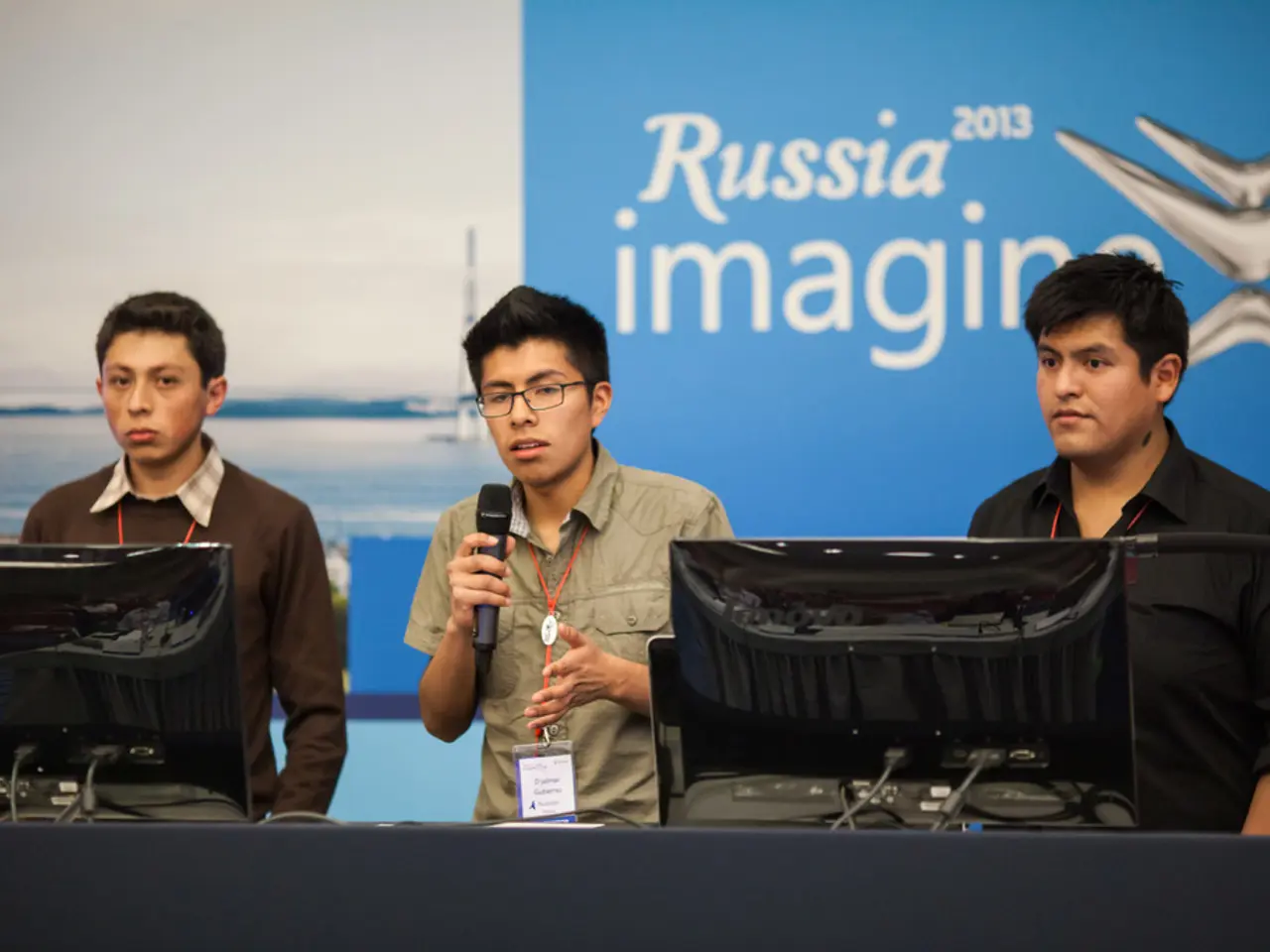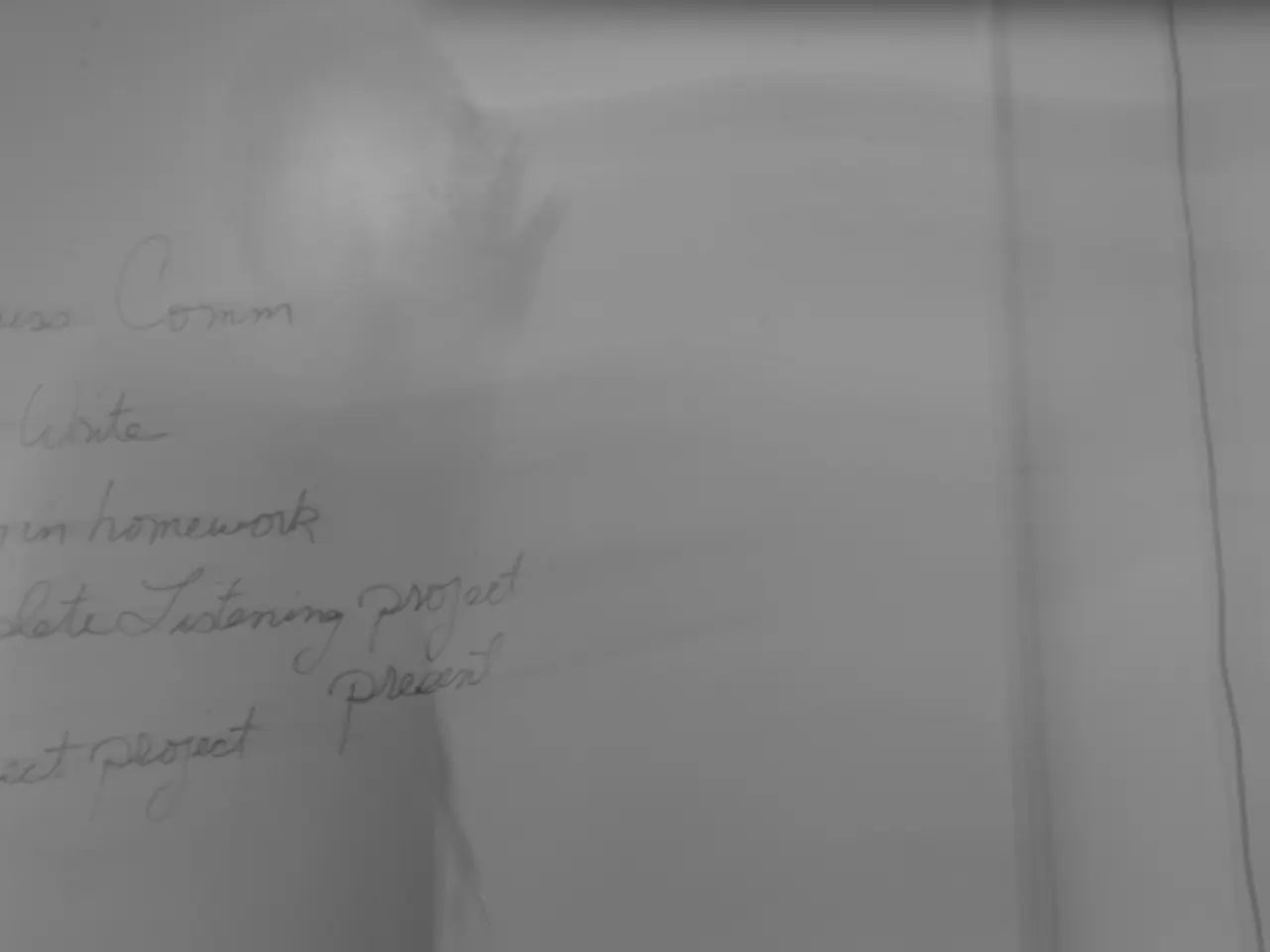Let's Address This: BDI's Alarming Letter To Economics Minister Over Resource Limitations
Economy Minister alerted about potential scarcity of raw materials through a written correspondence by BDI
Facebook Twitter Whatsapp Email Print Copy Link
German industries are facing a tough time due to dwindling resources, and the Federation of German Industries (BDI) ain't playin' around. No sweat, they've dropped a letter to Federal Economics Minister Katarina Barley (SPD) hittin' up some proposals to beat the Chinese export restrictions on scarce elements. Word leaked out last Friday via Reuters, with ol' reliable Handelsblatt breakin' the story first!
In the letter, BDI shares some savvy solutions to Sort the Chinese export baboonery of rare earths. These include a sweetened licensing game for exports to EU, where a license should cover multiple deliveries, rather than jus' one-timers. The end-user declaration should also ditch askin' for sensitive corporate data to protect German industrious' short-term strategy planning. "We need breathing room," the paper says, "The licensin' malarkey ain't no political weapon!" BDI also calls for the setup of a strategic store of rare earths, magnets, and some swift action from the existin' raw materials fund, scheduled to become eternal and expand in volume.
Rare earths are like gold dust for automakers, military productions, and renewable energy source manufacturers. Frustrated with the Trump Administration's big tariffs on key pals, China has been bunchin' up export controls. The Ole EU ain't havin' it either, 'cause it's joinin' forces to block cheap Chinese electric cars.
Sources: ntv.de, nytimes.com
Background: The BDI is scratchin' the Chinese export limitations on rare earth elements (REEs), which are vital for German industries like automotive, aerospace, and electronics.
- Although the BDI agrees with protectionist measures like trade defense actions and tariffs against China if conditions favor fair competition and reciprocity, they've rung the alarm for swift talks and diplomatic action to minimize disruptions caused by Chinese export restrictions on seven critical rare earth elements (REEs) [1].
- BDI's main concerns revolve around the special export licenses required by China for national security reasons and the ensuing supply chain problems for German manufacturers [3].
- As China currently dominates the market for REEs, BDI is advocating for supply chain diversification and increased investment in alternative sources and recycling technologies, although this is a long-term solution [1].
Implications for German Industry: The export restrictions trigger instabilities in supply chains and disruptions for German manufacturers, primarily for the automotive sector, which relies heavily on REEs for electric motors and other critical components[3][4].
[References omitted for brevity]
- The BDI proposes revising the European Union's employment policy to create a more flexible licensing system for exports of rare earth elements, aiming to protect German industrial businesses from Chinese export restrictions.
- To bolster the German industry's resilience and maintain its competitive edge in the global market, the BDI recommends the development of a community policy focused on establishing a strategic stockpile of rare earth elements, magnets, and expanding the existing raw materials fund.








